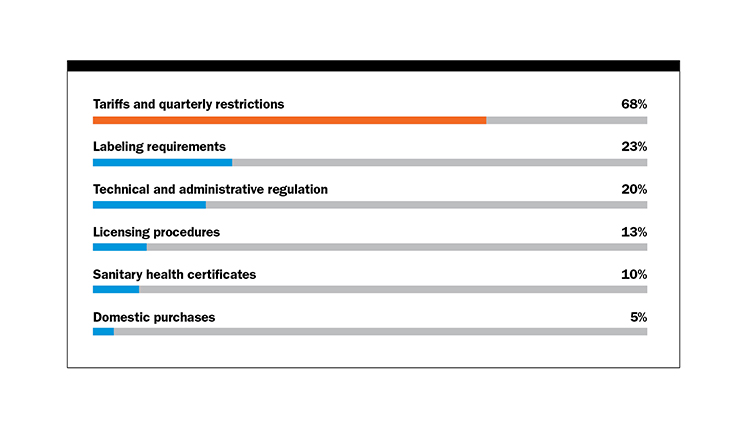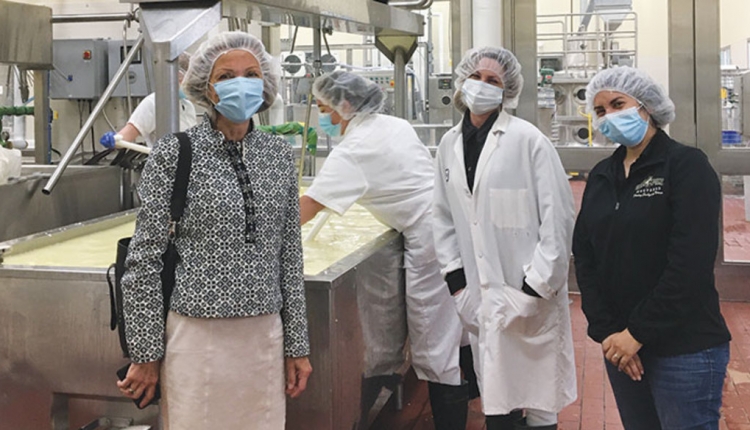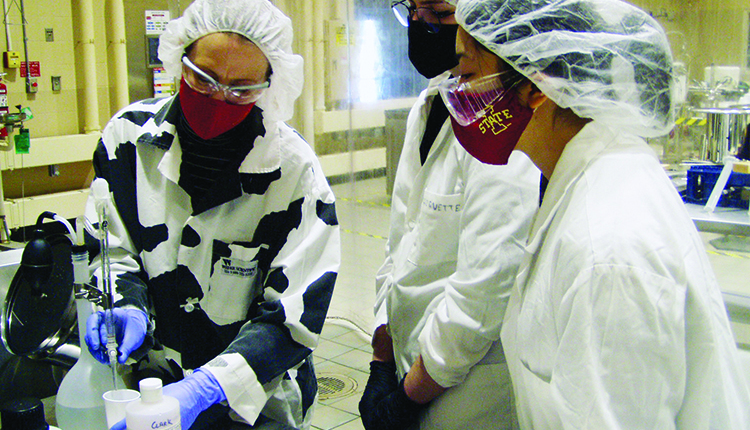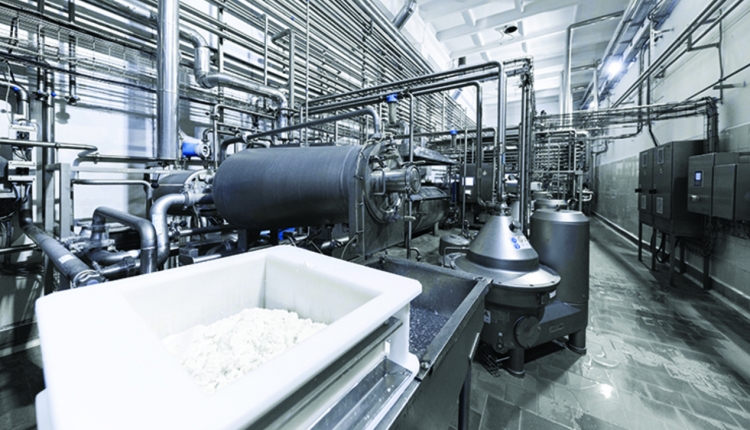
“We don’t need any special advantage when it comes to trade, we just need a level playing field,” said Jim Mulhern, president and CEO of National Milk Producers Federation. “If we don’t have a trade policy that focuses on increasing trade, we’ll just continue to play catch up. We need to focus on expanding U.S. market access.”
“China is a serial abuser of trade regimes, and it’s hard going it alone to win that kind of confrontation. In my view, we’re fortunate that China is not dairy’s largest market. We don’t have enough trade agreements around the world. We need to lower tariffs and drive our exports,” continued Mulhern during the AgTalks Wisconsin Town Hall, the fifth in a series of virtual meetings to discuss trade, supply chain, and the future of American agriculture.
Best ways forward
The discussion, hosted by Tom Vilsack, U.S. Dairy Export Council (USDEC), considered the best ways to improve the American trade agreements.
“When the middle class increases, the demand for protein also increases. The population in Asia’s growing middle class will dwarf the entire population of the U.S., so the outlook is tremendous, but we have to have fair trade agreements. If we don’t, the advantage will go to other regions,” said Mulhern.
Managing COVID-19, especially considering business relationships, has proven to be a barrier.
“Building and maintaining a relationship is best done in person,” said Randy Romanski, secretary-designee of the Wisconsin Department of Agriculture Trade and Consumer Protection. “There is no substitute for it. While we consult virtually, it’s just not the same as in-person meetings, and this hampers new business development. Until we can manage COVID-19, this will be a barrier to creating new trade relationships.”
In addition, the panelists noted the aggressive use of Geographical Indicators (GIs) from the European Union and how best to address it.
“What I want to say is — you want a bilateral agreement? You want greater access? Reverse this GI issue. Unleash us. We need better and more market access,” said Mulhern.
With the election coming in the fall, the dairy leaders noted they have no idea what to expect. A Trump administration would most likely follow the policies it is using now, while a Biden administration may take a similar approach to trade under Obama.
“We need exports to use the milk we have today, and the milk we will have in the future,” said Jeff Schwager, president of Sartori Cheese. “We need fair treatments to be treated equally, and if this doesn’t occur, more dairy farmers and processors will go out of business.”
As for the most challenging trade barriers, those attending in the audience shared the following responses during the webinar.

The author and her family own and operate a sixth-generation dairy farm near St. Johns, Mich.








